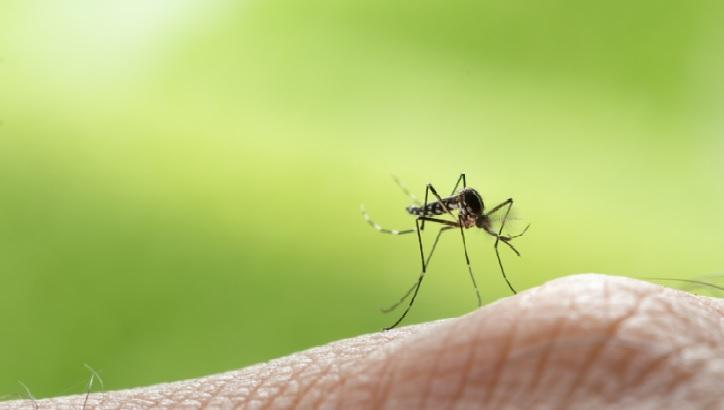Doctors urge PH FDA to approve new dengue vaccine

The heads of several doctors groups on Tuesday called on the Philippine Food and Drug Administration (FDA) to approve the license of a second-generation dengue vaccine, as the country lags behind its neighboring countries when it comes to vaccinating against the viral infection.
In a dengue summit, Philippine Foundation for Vaccination Executive Director Dr. Lulu Bravo said the QDENGA vaccine of Japan-based Takeda Pharmaceuticals had applied for FDA registration last year, but the application's approval was still pending.
“The study that has been done in the Philippines started in 2016 and I'm one of the principal investigators together with Thailand and Sri Lanka. Philippines is one of the biggest number of subjects in this, and I do not really understand why we are still lagging behind in terms of licensure,” Bravo said.
Dr. Hector Santos, president of the Philippine Medical Association (PMA), appreciated the process that the FDA has to go through when it comes to approving the application of certain vaccine manufacturers but said he hoped the FDA would take note of what other countries were doing.
“I don't think our criteria are more stringent than other countries. And presenting the data, millions are already vaccinated in other countries,” he said.
GMA News Online sought comment from the FDA, but it had yet to respond as of posting time.
According to Bravo, the dengue vaccine had been licensed in Indonesia last year. The Philippines’ other neighbors - Thailand, Malaysia, and Vietnam - have also approved the vaccine.
“As a vaccine investigator, I will assure you the safety of QDENGA because we've been doing it for eight years now, since 2016,” she said.
“I did a study on the vaccine, and we did not see safety signals at all and it can be given to those who have not had previous Dengue. Which is what is different from the previous first-generation Dengue vaccine - that it was meant to be given only to those who had previous Dengue,” she added.
Infectious diseases expert Dr. Rontgene Solante backed this, believing that Filipinos were now more ready to accept a new dengue vaccine, compared to previous years.
He said that the COVID-19 vaccination particularly taught the public a lesson on the importance of vaccination.
“I would say most likely we have matured in terms of vaccination because of our experience with COVID-19,” said Solante, who was the previous president of the Philippine College of Physicians.
In 2015, the Philippines became the first Asian country to approve the sale of the world's first-ever dengue vaccine - Dengvaxia.
However, a controversy arose in 2017 after manufacturer Sanofi Pasteur announced that Dengvaxia may lead to “severe” symptoms for those who have never been infected by dengue before vaccination.
As a result, the FDA ordered the suspension of the sale, distribution, and marketing of the vaccine and the withdrawal of the product from the market.
The controversy took place as the government was conducting its dengue vaccination program under then-Health Secretary Janette Garin.
Currently, there is still no specific treatment for dengue. The best way to prevent getting infected is to avoid mosquito bites, especially during the day.
Zero dengue deaths by 2030
During the summit, the health experts also committed to achieving zero deaths due to dengue by 2030, in line with the United Nations’ Sustainable Development Goals (SDG) Goal 3 which is to ensure healthy lives and promote well-being for all at all ages.
Health Secretary Ted Herbosa said that reaching such a goal was “ambitious yet within our grasp,” provided that there would be collaboration and concerted action from government agencies, healthcare providers, community organizations, and the private sector.
“The journey to achieving zero dengue deaths by 2030 will not be easy, but it is a journey we must undertake with determination and unity. Let us be inspired by the progress we have made and be motivated to push further, innovate more, and collaborate better. Together, we can create a future where dengue is no longer a threat to every Filipino,” he said in a video message.
Herbosa also vowed that the DOH would prioritize environmental health as a crucial component of its dengue prevention strategy.
On June 15, the DOH said that dengue cases nationwide were starting to plateau, but there was a possibility that numbers may increase now that the rainy season has begun.
Since the year started up to June 1, 70,498 dengue cases were recorded across the country, with 197 deaths. — DVM, GMA Integrated News




